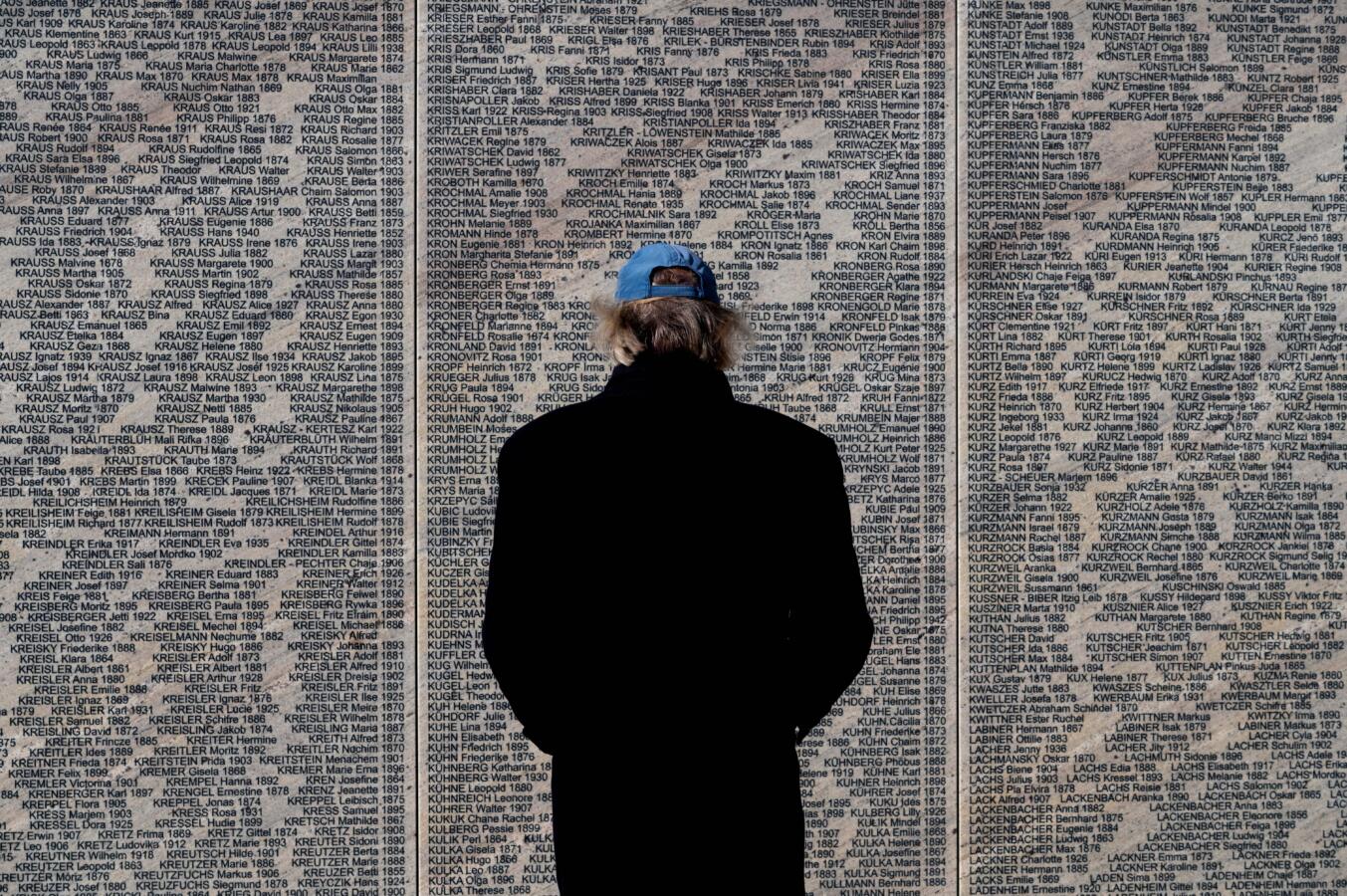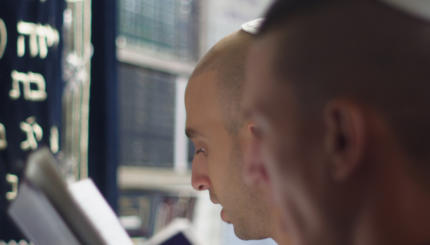Question: During synagogue services, when the congregation is invited publicly to recite
for any of their respective family members, is there anything wrong, or out of order, or religiously problematic with reciting a personal Kaddish for those who were killed in the Holocaust?
— Milton, Madison WI
Answer: The Mourner’s Kaddish is a simple prayer with deep emotional significance for those who recite it. Traditionally, it is recited by those who are in mourning for an immediate family member. After the death of a parent, it is customary to recite Kaddish for 11 months. After the death of a sibling, spouse or child it is customary to recite Kaddish for one month.
According to some traditional sources, Kaddish helps elevate the deceased into the World to Come. Others explain the practice as a way of reaffirming one’s faith in God after the death of a loved one. One thing is clear: For nearly 1000 years rabbis have considered saying Kaddish to be an important and evocative experience for mourners.
We asked Rabbi Kerry Olitzky, Executive Director of the Jewish Outreach Initiative, about reciting Kaddish for people who are not immediate family members — for example, for victims of the Holocaust — and any halakhic challenges it may present. Rabbi Olitzky told me that anyone may take on the responsibility of reciting Kaddish. Often when a person dies without having children his or her relatives or friends recite Kaddish, even though they are not technically considered mourners of the deceased.

Help us keep Jewish knowledge accessible to millions of people around the world.
Your donation to My Jewish Learning fuels endless journeys of Jewish discovery. With your help, My Jewish Learning can continue to provide nonstop opportunities for learning, connection and growth.
But Rabbi Olitzky warned that when one takes on the responsibility of Kaddish, especially for an indefinite period of time beyond the normal, defined mourning period, one risks diminishing its power when the time comes to recite Kaddish for a close relative. This may not be a great concern for you, but it’s worth taking into consideration.
It may also be helpful to note that the Israeli rabbinate actually designated the 10th of Tevet as Yom Ha-Kaddish Ha-clali — the date for reciting Kaddish for victims of the Holocaust whose yahrtzeits are unknown. Though not universally observed, it is an appropriate time to commemorate the victims of the with Kaddish.
In 1980, the Reform rabbinate published a responsum on the subject of saying Kaddish for victims of the Holocaust. It reports that in many Reform congregations it is customary for the entire community to rise for the Mourner’s Kaddish and recite it together, both to provide comfort for those who are in mourning for family members, and in memory of those who died in the Holocaust.
But some communities discourage anyone who is not technically a mourner from saying Kaddish. This comes partially from a sense of superstition–it might be bad luck to say Kaddish when you’re not in mourning — and partly from a fear of ayin hara, looking bad —God forbid someone should think that you’re saying Kaddish for a living person in the hopes that they would die.
If you attend a Reform Temple then you shouldn’t have any problem reciting Kaddish for victims of the Holocaust. But in other synagogues it may be best to consult with the rabbi before making a statement that might differ from the community’s standards. If it is deemed inappropriate then, perhaps, you can read the text of the Kaddish to yourself and reflect privately.




